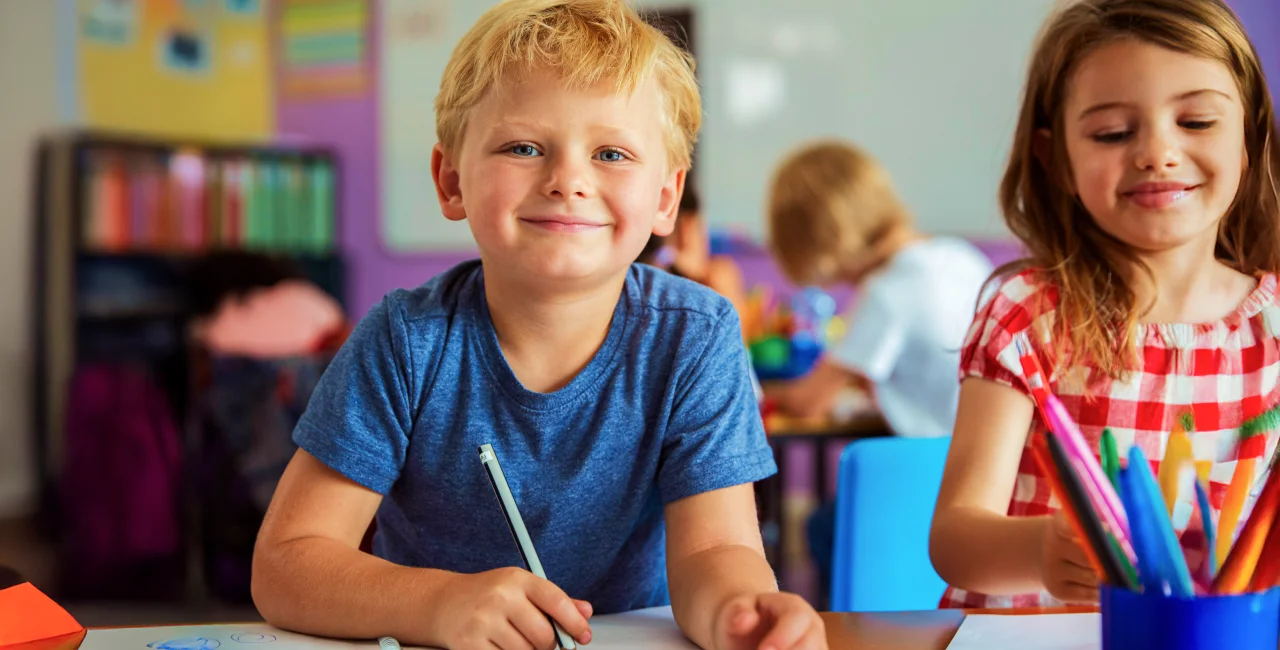The Ministry of Education has approved sweeping reforms to the Czech education system, introducing mandatory English lessons from the first grade and restructuring the framework for preschool and primary schools. These changes, aimed at emphasizing the practical application of knowledge, are set to roll out in stages beginning in the 2025–2026 school year.
A focus on practical skills and modern needs
The revised framework of educational programs (in Czech, revize základního vzdělávání, or RVP) aims to reduce rote memorization in favor of practical skills and real-world applications. Reading, writing, and logical-mathematical literacy will take center stage, ensuring students acquire competencies relevant to contemporary society.
Minister of Education Mikuláš Bek said that the updates address "the challenges of contemporary society and the needs of our children."
Starting in September 2025, schools will have the option to implement the new curricula in first and sixth grades. By 2027, the changes will become mandatory for grades 1 through 6, expanding to all grades by 2031.
English from the start
A cornerstone of the reforms is the introduction of English from the first grade, replacing the current standard that begins in third grade. The goal is to equip students with a higher level of proficiency by the end of primary school, aligning with practices in countries that exhibit higher proficiency. The required level will also rise from A2 to B1. A second foreign language will also become mandatory, starting in seventh grade, with full implementation not expected to take place until 2036.
Nearly half of Czech schools already offer English to first graders, making this change less disruptive for many institutions. However, the timeline for mandatory second-language instruction has been extended, allowing schools and educators more time to prepare.
Preschool reforms and inclusive education
Changes to preschool education will focus on fostering individual development and creating a stimulating, inclusive environment. Kindergartens that meet the necessary conditions can begin following the new curriculum voluntarily in 2025, with mandatory implementation set for 2026.
From rote learning to lifelong skills
Unlike the 2005 curricula, which dictated specific content for each grade, the new RVP offers flexibility. Schools will design their own curricula based on overarching competencies and skills outlined by the framework. This shift allows for personalized approaches to education while still meeting national standards.
Key priorities include fostering personal and social education, streamlining administrative processes for teachers, and creating a positive school environment.
The reforms result from extensive consultation and collaboration, involving over 600 experts since 2021. Feedback from voluntary implementation in early-adopting schools will help refine the program before its nationwide rollout.













 Reading time: 2 minutes
Reading time: 2 minutes 






















